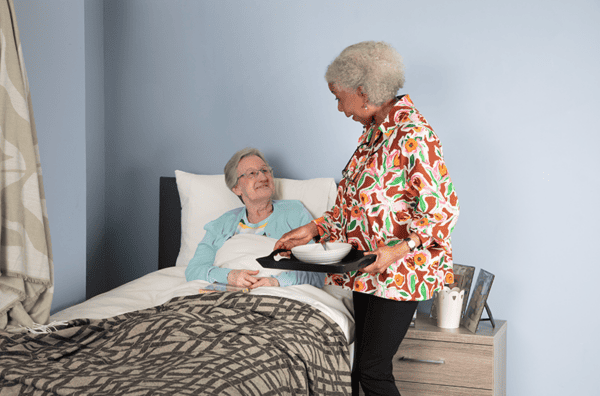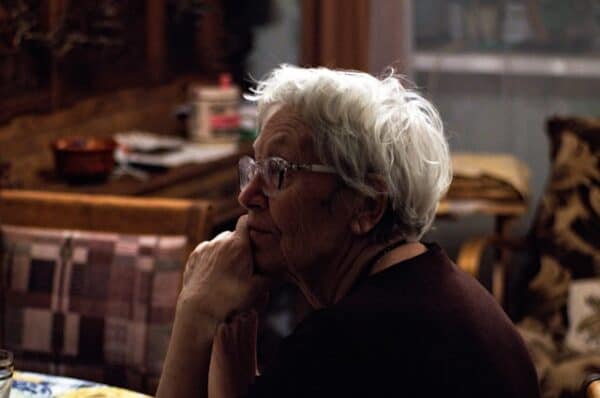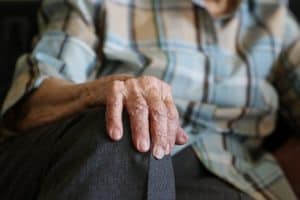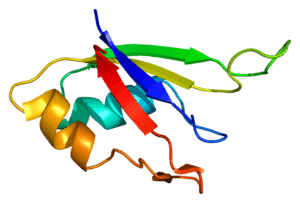A dementia diagnosis for a family member can feel like a big loss. This is a loss not just about losing a person’s memories, it’s about the gradual fading away of a person that you know and love. Complex emotions can follow a dementia diagnosis, and these can impact the person living with dementia as well as their loved ones coping with grief and loss of their loved one.
Being able to manage, understand and navigate these feelings is vital for finding moments of positivity amongst the challenges ahead.
Understanding Dementia
How Does Dementia Affect People?
Symptoms, treatments and practical coping strategies
How does grief impact people?
The feelings of grief in dementia do not happen because of sudden events. Therefore, the experience can be quite different from when someone passes away. There are several stages, however, that people go through no matter what type of grief they are experiencing. Grief can manifest itself as:
- Denial – This can involve a refusal to accept a diagnosis, or consider its implications.
- Anger- This can involve feeling resentful, frustrated or angry at the situation. This anger is difficult to direct as there is nothing that you can do to change the situation
- Bargaining – Some people may try to find ways to delay the progression of dementia or reverse it.
- Depression – Withdrawal, deep sadness and loss of interest can all follow a dementia diagnosis.
- Acceptance-This is the process of coming to terms with a dementia diagnosis and may involve finding a way to adapt to living with dementia.
It is important to know that not everybody experiences every stage of grief, and that the process does not follow a simple path. People may move back-and-forth between these stages as there is no right or wrong way of coping with grief and loss.

Coping strategies for loved ones
There are several things that you can do to help you process a dementia diagnosis given to a loved one.
- Education – The better informed you are, the better you will understand the experiences of your loved one. There are plenty of good resources to learn about dementia progression and therapies. See our guide: Understanding Dementia.
- Support – It is not only the person living with dementia that will need to seek some kind of therapy. Talking to friends and family, support groups or therapists can be vital in allowing you a safe space for coping with grief and loss and to air your feelings.
- Self-care- If you are caring for someone living with dementia, this can be physically and emotionally draining. It is important to take time for yourself and ask for help if you need it. Whether this means arranging a live in carer for your loved one, or asking family members to pitch in with some responsibilities, you should not have to do everything yourself.
- Take it day by day – Enjoy the moments where you connect and enjoy being with your loved one. It’s important to continue to create new memories and traditions along the way.
- Celebrate the small things – Any moments of clarity or achievements should be celebrated during this time. Moments of joy drive many people through hard times.
If you are struggling to cope after a loved one has received a dementia diagnosis, don’t hesitate to seek help from those around you. Speak to your GP if you are finding it hard to move forward, and they are sure to be able to provide you with some resources to help you process the complex emotions you’re feeling.






